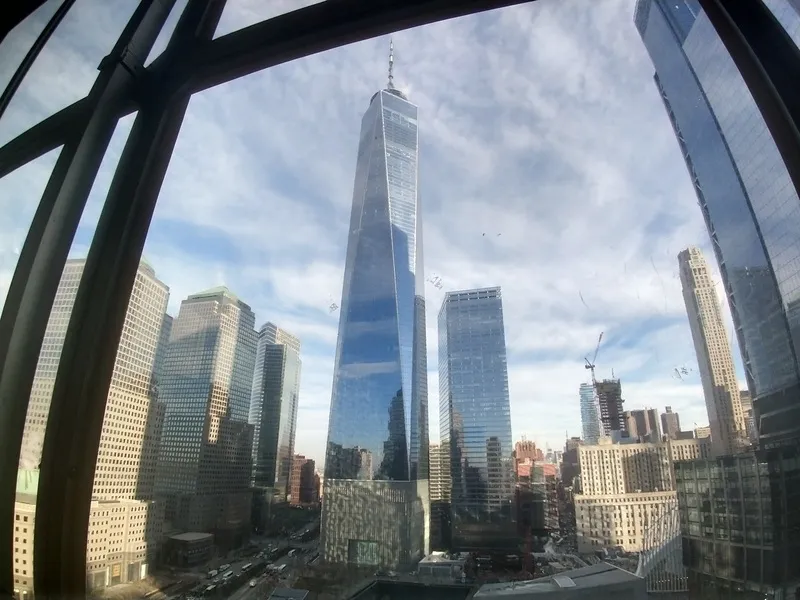Intercomp’s AX900 Axle Scales have been integrated into the vehicle traffic control system at the World Trade Center (WTC) in New York.
By Adam Hill
April 14, 2020
Read time: 1 min

Used in conjunction with other sensors and inspections by security personnel, the scales have been installed in multiple lanes and entrances.
The WTC complex was the site of the 9/11 terrorist attacks in 2001.
“The scales are part of the campus-wide security perimeter and help to identify vehicles that may be carrying dangerous materials,” the company says in a statement.
Screening of cars, buses and delivery vehicles includes weighing with Intercomp’s solution to identify anything “irregular or overweight”.









